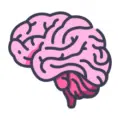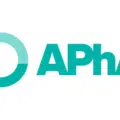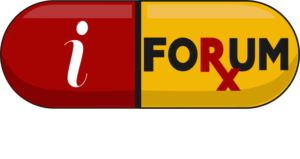Authors:
Rebecca Heath, PharmD, MSCR
Kimberly L. Zitko, PharmD, BCACP, BCGP
Reviewers:
Kalin Clifford, PharmD, BCGP
Emily Prohaska, PharmD, BCACP, BCGP
Citation:
Scharre DW, Chang S, Nagaraja HN, Wheeler NC, Kataki M. Self-administered gerocognitive examination: Longitudinal cohort testing for the elderly detection of dementia conversion. Alzheimer’s Research & Therapy. 2021;13(1): Article 192.
The Problem
“Is this forgetfulness due to age? Or is there something more serious going on?” When was the last time your patients or loved ones were screened for cognitive changes and dementia? Patients and caregivers both fear and accept cognitive decline as part of the aging process, but often delay screening.1 However, early detection of cognitive impairment can assist healthcare teams to make proactive interventions to slow cognitive decline and promote healthy aging. Nearly 30% of patients have some level of cognitive impairment when first screened.1 The Self-Administered Gerocognitive Examination (SAGE) is a tool practitioners can potentially use to measure cognitive status. SAGE is a validated, self-administered questionnaire.2 While a self-administered tool would be an attractive option because it could potentially save provider and clinical staff time and, thus, might increase the frequency of screening, it must also be sufficiently sensitive to detect mild cognitive impairment (MCI) early.




 iForumRx.org is a web-based community of practice designed to inform ambulatory care pharmacy specialists, pharmacy residents, and student pharmacists about high-quality, practice-changing evidence.
iForumRx.org is a web-based community of practice designed to inform ambulatory care pharmacy specialists, pharmacy residents, and student pharmacists about high-quality, practice-changing evidence.